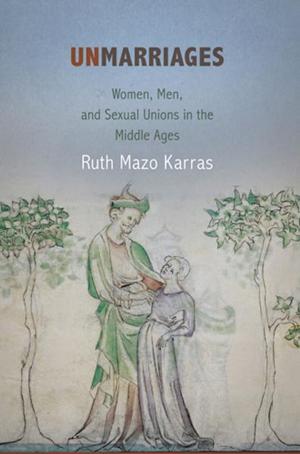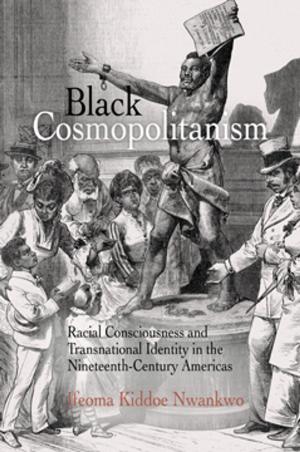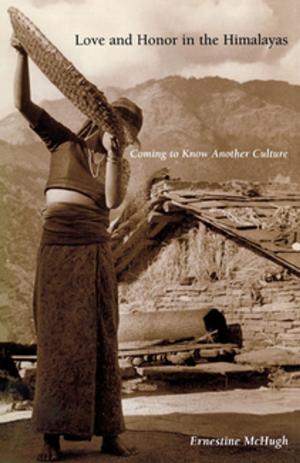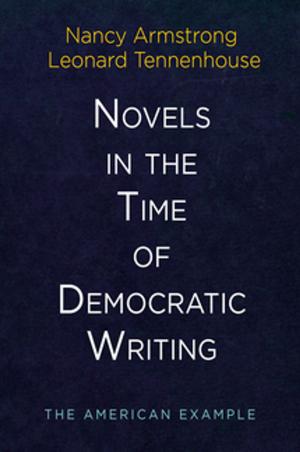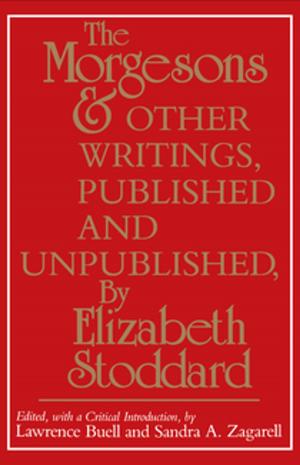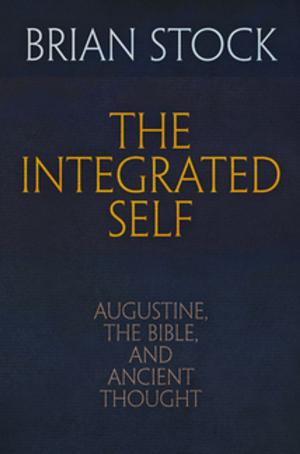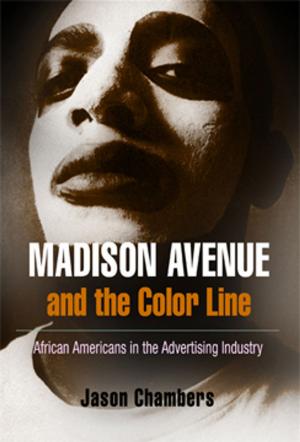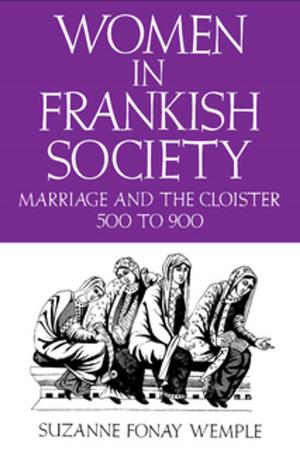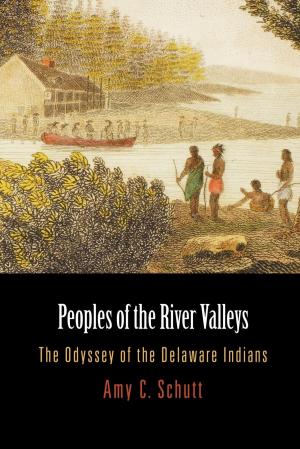Everyday Politics
Reconnecting Citizens and Public Life
Nonfiction, Social & Cultural Studies, Political Science, Government, Civics| Author: | Harry C. Boyte | ISBN: | 9780812204216 |
| Publisher: | University of Pennsylvania Press, Inc. | Publication: | November 24, 2010 |
| Imprint: | University of Pennsylvania Press | Language: | English |
| Author: | Harry C. Boyte |
| ISBN: | 9780812204216 |
| Publisher: | University of Pennsylvania Press, Inc. |
| Publication: | November 24, 2010 |
| Imprint: | University of Pennsylvania Press |
| Language: | English |
Increasingly a spectator sport, electoral politics have become bitterly polarized by professional consultants and lobbyists and have been boiled down to the distributive mantra of "who gets what." In Everyday Politics, Harry Boyte transcends partisan politics to offer an alternative. He demonstrates how community-rooted activities reconnect citizens to engaged, responsible public life, and not just on election day but throughout the year. Boyte demonstrates that this type of activism has a rich history and strong philosophical foundation. It rests on the stubborn faith that the talents and insights of ordinary citizens—from nursery school to nursing home—are crucial elements in public life.
Drawing on concrete examples of successful public work projects accomplished by diverse groups of people across the nation, Boyte demonstrates how citizens can master essential political skills, such as understanding issues in public terms, mapping complex issues of institutional power to create alliances, raising funds, communicating, and negotiating across lines of difference. He describes how these skills can be used to address the larger challenges of our time, thereby advancing a renewed vision of democratic society and freedom in the twenty-first century.
Increasingly a spectator sport, electoral politics have become bitterly polarized by professional consultants and lobbyists and have been boiled down to the distributive mantra of "who gets what." In Everyday Politics, Harry Boyte transcends partisan politics to offer an alternative. He demonstrates how community-rooted activities reconnect citizens to engaged, responsible public life, and not just on election day but throughout the year. Boyte demonstrates that this type of activism has a rich history and strong philosophical foundation. It rests on the stubborn faith that the talents and insights of ordinary citizens—from nursery school to nursing home—are crucial elements in public life.
Drawing on concrete examples of successful public work projects accomplished by diverse groups of people across the nation, Boyte demonstrates how citizens can master essential political skills, such as understanding issues in public terms, mapping complex issues of institutional power to create alliances, raising funds, communicating, and negotiating across lines of difference. He describes how these skills can be used to address the larger challenges of our time, thereby advancing a renewed vision of democratic society and freedom in the twenty-first century.

